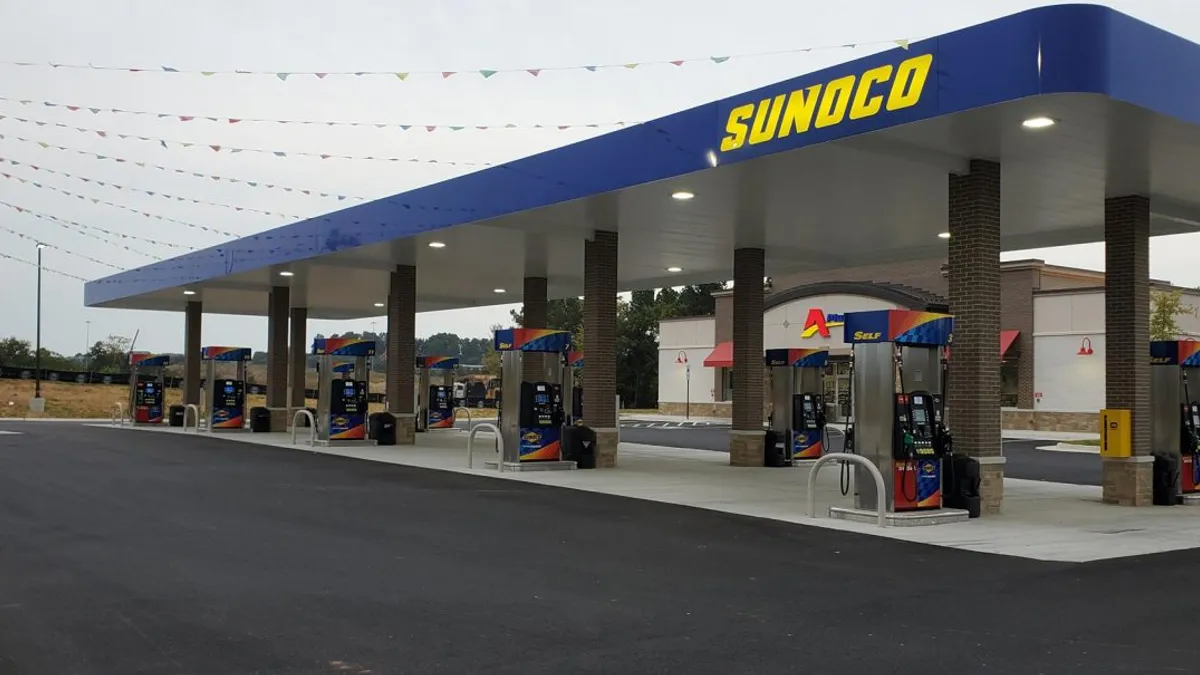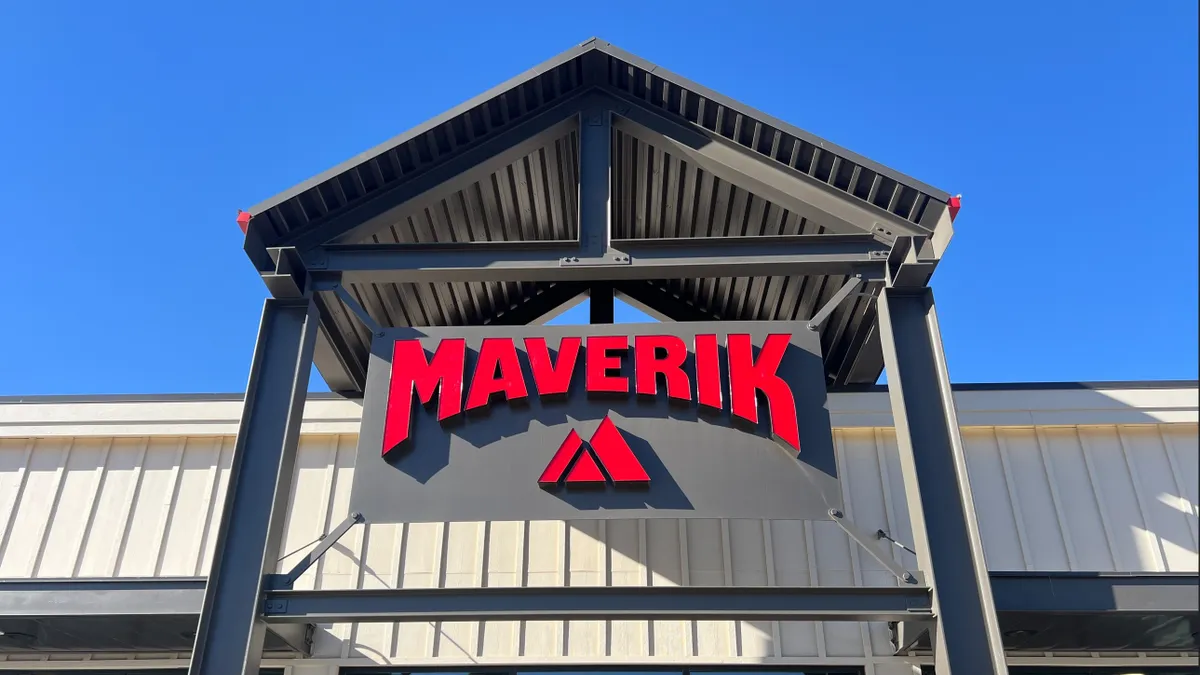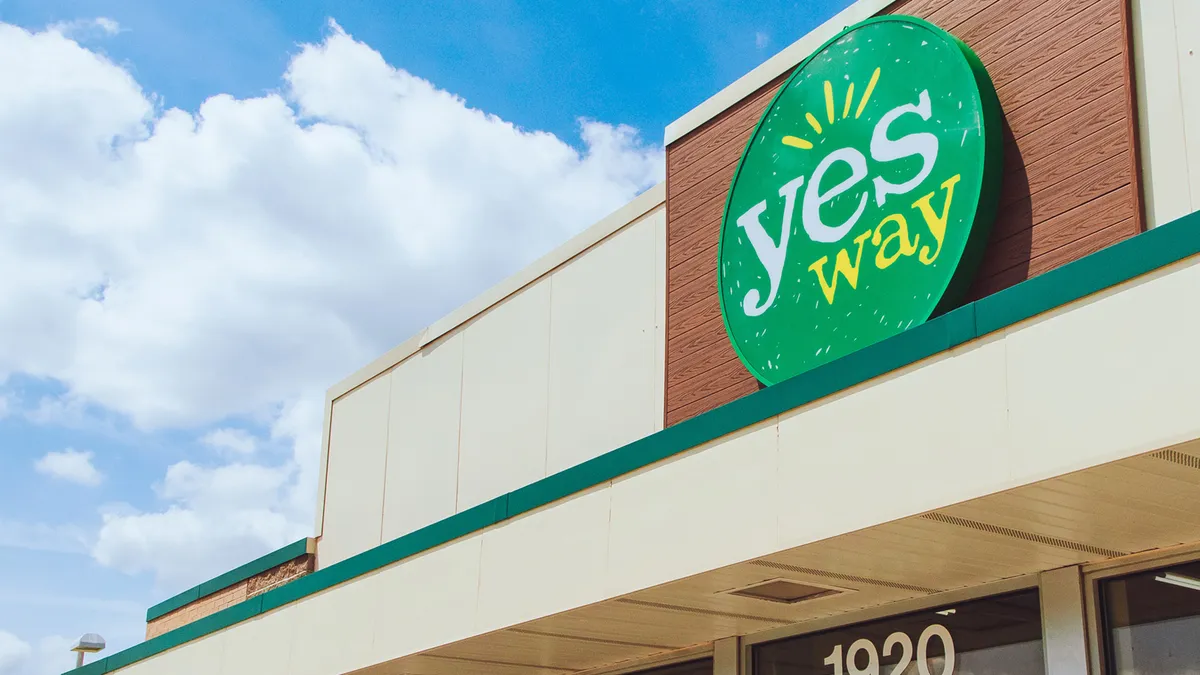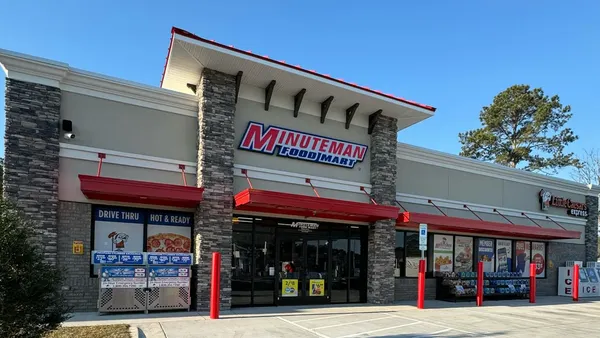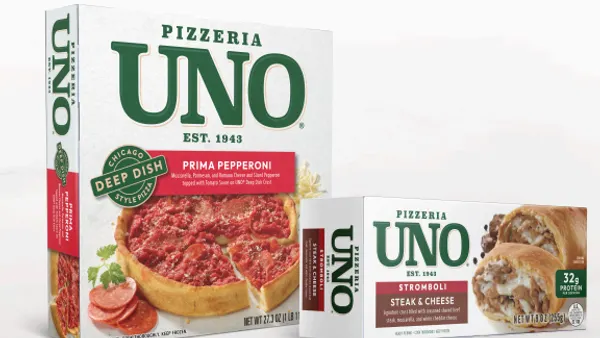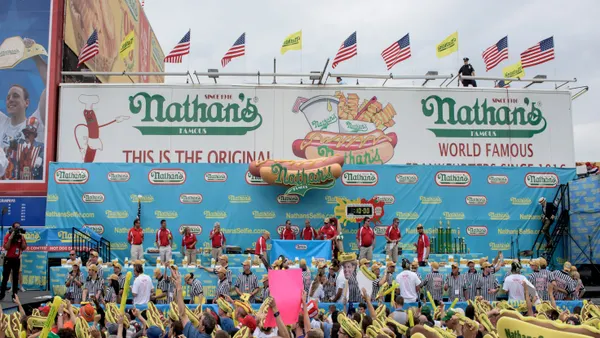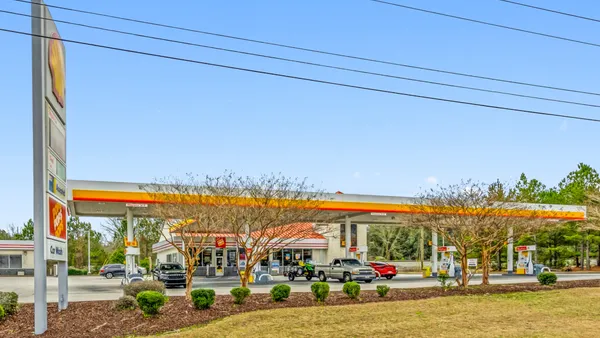Sunoco probably didn’t expect to find itself running hundreds of U.S. c-stores by the end of 2025 considering it sold most of its company-operated locations to 7-Eleven less than two years ago. With that deal, the Dallas-based oil retailer lowered its company-operated c-store count to 76 locations in New Jersey and Hawaii, barely enough to crack the top 100 largest c-store chains in the country.
That all changed last week when Sunoco closed on its $9.1 billion acquisition of Canadian c-store and fuel retailer Parkland Corp. In addition to becoming the largest independent fuel distributor in the Americas, Sunoco acquired Parkland’s 122 company-operated c-stores across the U.S., as well as another 128 across Canada and the Caribbean. As a result, Sunoco now has about 320 company-operated c-stores across North America, including just under 200 in the U.S., making it one of the 50 largest chains in the country.
Besides New Jersey and Hawaii, Sunoco now has c-stores in Colorado, Florida, Idaho, Minnesota, Montana, New Mexico, North Dakota, South Dakota, Utah and Wyoming. This doesn’t even include roughly 3,300 leased, dealer, franchised and cardlock sites that now belong to Sunoco, whose network of similar locations already included over 9,000 sites before the acquisition.
Now, the industry’s lingering curiosity over what Sunoco will do with its newly acquired c-store assets is about to intensify. Experts have spent the past several months pondering whether Sunoco will keep or sell the locations, laying out the benefits and drawbacks for both paths.
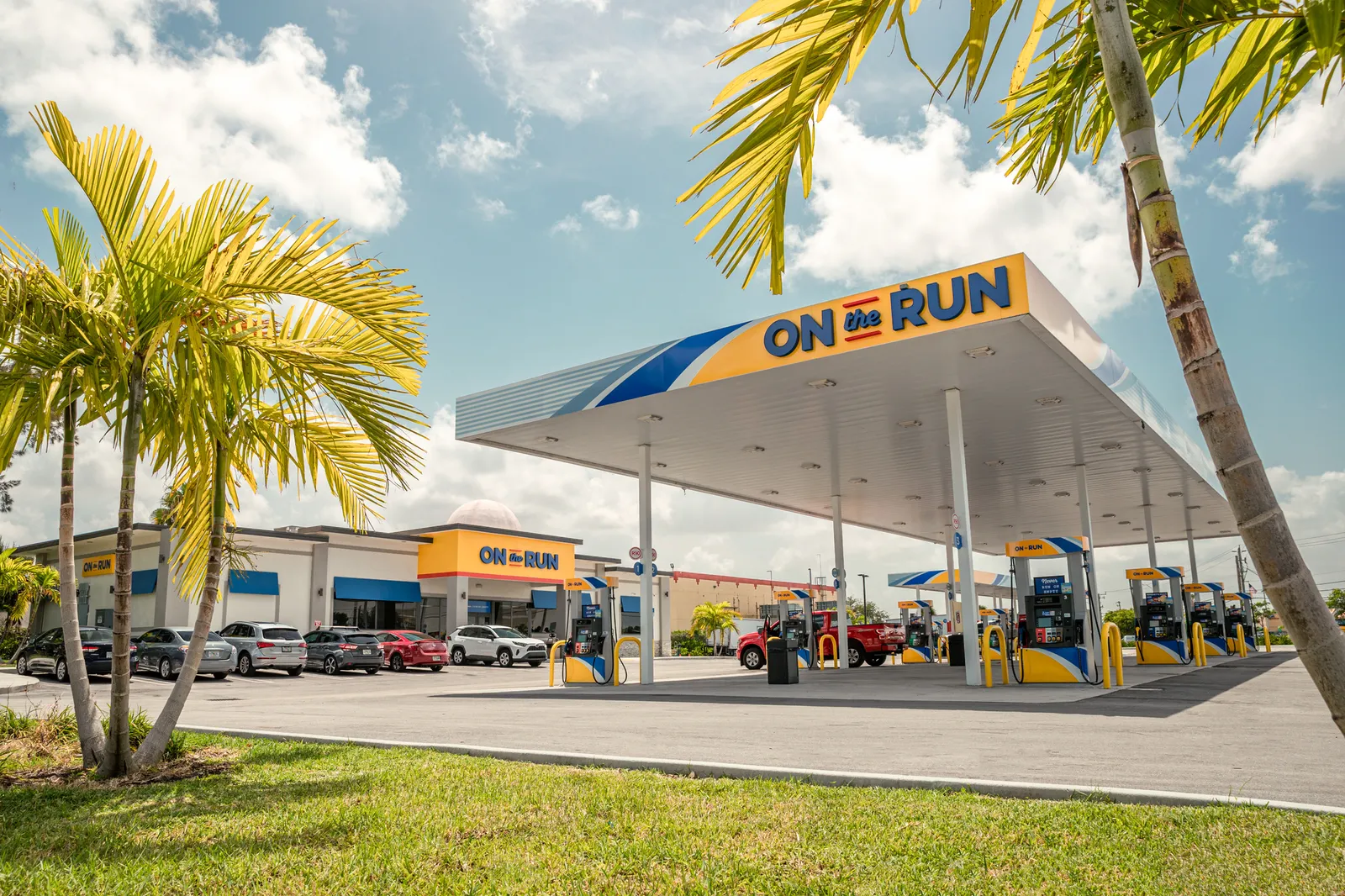
Representatives from Sunoco have not responded to several requests over the past few months to share how the company might address its suddenly expansive c-store network. Instead, its leadership has emphasized several times that Sunoco will prioritize integrating all of Parkland’s assets into its network before assessing the market for any potential opportunities.
Joseph Kim, president and CEO of Sunoco, reiterated that messaging during the company’s third-quarter earnings call on Wednesday, adding that Sunoco “will quickly make key decisions to integrate the two companies to achieve synergies as soon as possible.”
But for the first time since agreeing to the deal, Kim also addressed how Sunoco intends to turn around Parkland’s business in the U.S., which has struggled tremendously in recent years. In its latest quarter, Parkland’s adjusted EBITDA in the U.S. fell by about 47% compared to the same period last year, and has so far fallen from $130 million during the first nine months last year to $70 million during that same time period this year, the company reported last month.
“I think it's been well documented that they've had some struggles over the last few years,” Kim said of Parkland’s U.S. business on Wednesday’s earnings call. “We don't have the exact details yet, but we will.”
Kim said that Sunoco will now look to stabilize Parkland’s U.S. income, improve its gross profits and cut expenses.
“In due time, pretty darn quickly, we expect the Parkland U.S. business that’s struggled to perform in line with what Sunoco has done year after year,” Kim said on Wednesday.


